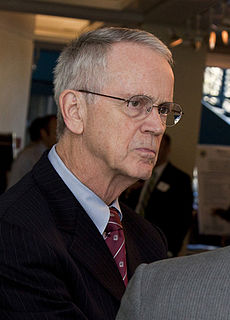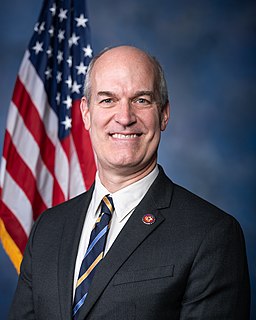A Quote by Charles Vest
For much of this decade, both Congressional and administration budget projections showed a decline in science and technology accounts of between 20 and 30 percent in real dollars. The real impact to date has been far less severe.
Related Quotes
Ninety-nine percent of everyday things are things we don't need - that goes for regular visits to the hairdresser just as it does for clothing. What would it mean if we all consumed 20 percent less? It would be catastrophic. It would mean 20 percent less jobs, 20 percent less taxes, 20 percent less money for schools, doctors, roads. The global economy would collapse.
A lot of what is done by the climate lobby is anti-science. But there is some science behind it. Like, there are greenhouse gases, and they do contribute to warming. But if you look at the last, say, 160 years, the first 80 of that period, they went up about four-tenths of a degree. And now, the second 80 that CO2 has increased by, what, 30 percent or something, it's gone up five-tenths of a degree. And there's been in the last 30 or 40 years, there's been no real increase in storms or bad weather.
Although population and consumption are societal issues, technology is the business of business. If economic activity must increase tenfold over what it is today to support a population nearly double its current size, then technology will have to reduce its impact twenty-fold merely to keep the planet at its current levels of environmental impact. For example, to stabilize the climate we may have to reduce real carbon emissions by as much as 80 percent, while simultaneously growing the world economy by an order of magnitude.



































